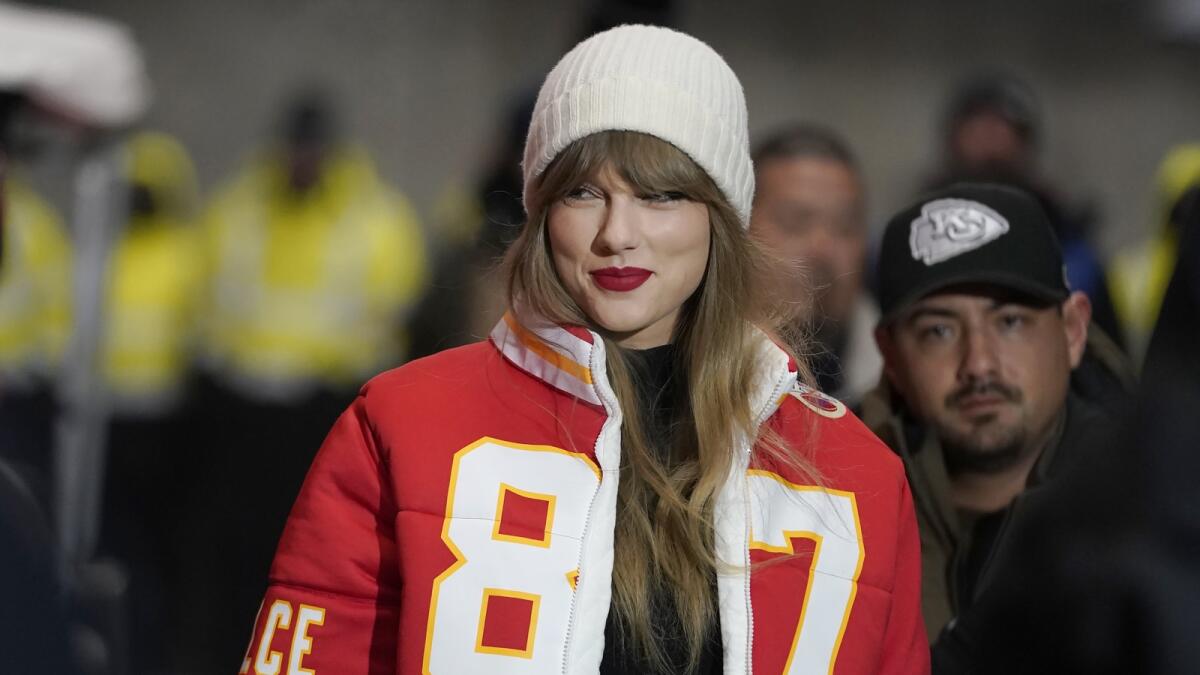Taylor Swift has become the latest victim of deepfake images, generated by AI, circulating on social media platforms such as X. These sexually explicit and abusive images have sparked outrage among Swift’s fanbase, known as “Swifties,” who have launched a counteroffensive to flood the platform with positive images of the pop star and report accounts sharing the deepfakes. Reality Defender, a group detecting deepfakes, reported a deluge of nonconsensual pornographic material depicting Swift, with some images also making their way to other social media platforms such as Facebook.
The number of explicit deepfakes has been increasing in recent years as the technology to create these images has become more accessible. In 2019, a report by DeepTrace Labs showed that deepfakes were overwhelmingly weaponized against women, with Hollywood actors and K-pop singers being the primary targets. X, the platform where the fake images of Swift were circulating, has stated that it strictly prohibits the sharing of non-consensual nude images and is actively removing identified images and taking actions against the accounts responsible.
Federal lawmakers have introduced bills to put more restrictions and criminalize deepfake porn, citing incidents like the one involving Taylor Swift as examples of the need for better protections. US Rep. Yvette D. Clarke and US Rep. Joe Morelle, both Democrats from New York, have been advocating for legislation to address the issue of deepfake images and the impact they have on individuals. Clarke’s proposed legislation would require creators to digitally watermark deepfake content, while Morelle’s bill aims to criminalize the sharing of deepfake porn online.
The incident involving Taylor Swift highlights the growing concern about deepfake images and the need for stronger regulations to prevent their spread. As technology advances and AI models become more sophisticated, the potential for deepfakes to be used maliciously against individuals has become a significant issue. Platforms like X and Meta have taken steps to remove violating content and monitor their platforms for such material, but the constant evolution of technology requires ongoing efforts to combat the proliferation of deepfakes.
Swift’s representatives have not responded to requests for comment on the fake images, but the issue has raised awareness about the prevalence of deepfake images targeting celebrities and public figures. The impact of deepfakes, even if they are fake, can have real consequences on the individuals depicted and underscores the importance of addressing this issue to protect the privacy and reputation of individuals in an increasingly digital world. With the continued development of AI technology and generative models, the challenge of combating deepfakes will require collaborative efforts between tech platforms, lawmakers, and anti-abuse groups.































